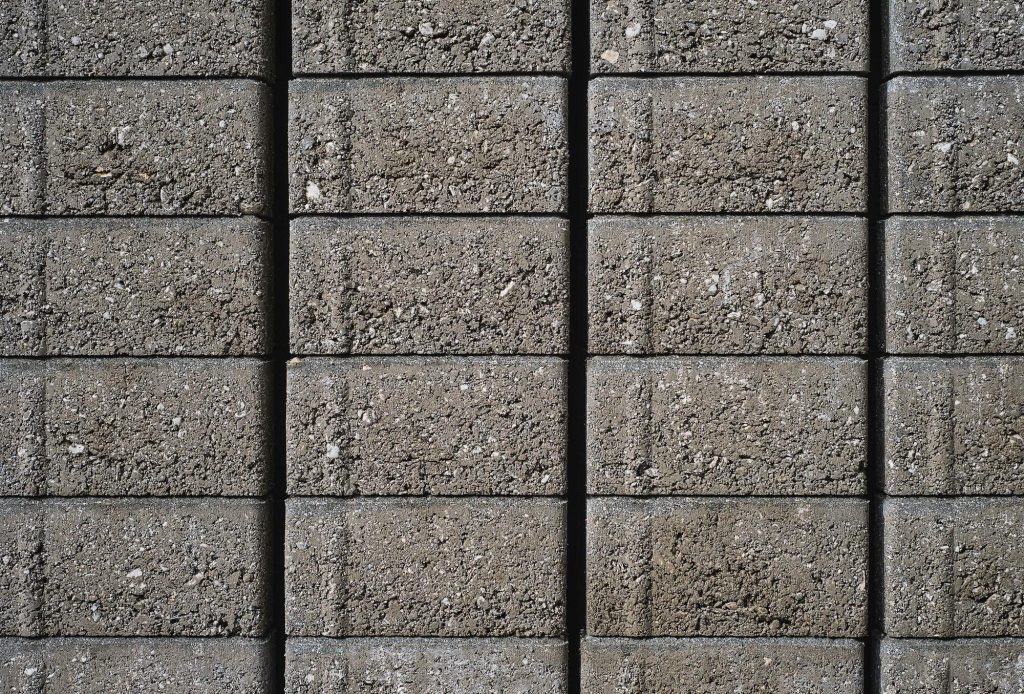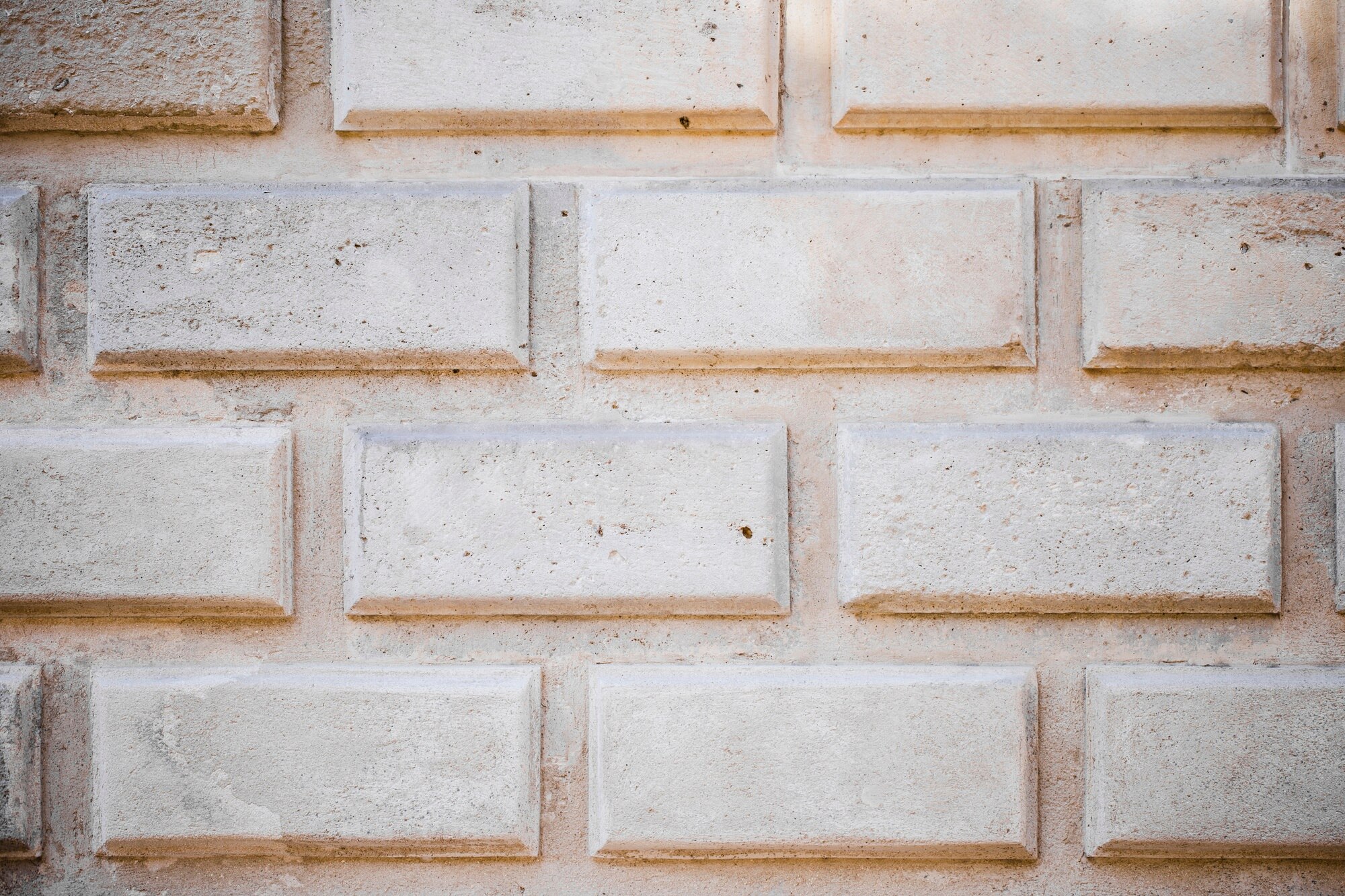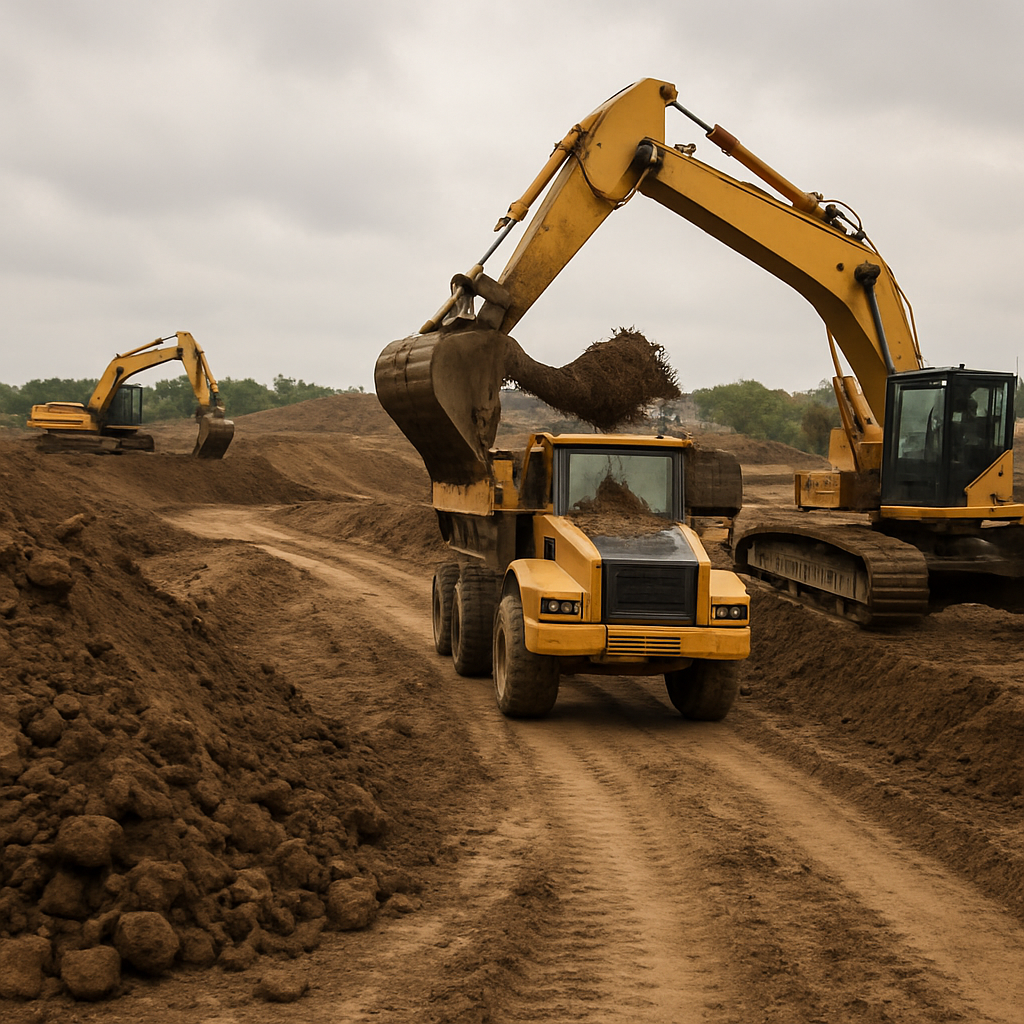In the realm of construction, the strength of materials is paramount.
Among these materials, concrete blocks play a crucial role.
But what makes a concrete block strong? And what is the strongest concrete block available?
These are questions that professionals and enthusiasts alike often grapple with.
In this article, we delve into the world of concrete blocks. We explore their composition, the factors that contribute to their strength, and the types of blocks that are considered the strongest.
Whether you’re a seasoned construction professional, an architect, a civil engineer, or a DIY enthusiast, this comprehensive guide will provide you with the insights you need to understand the strongest concrete blocks and their applications.

Understanding Concrete Blocks and Their Uses
Concrete blocks, also known as concrete masonry units (CMUs), are a staple in the construction industry.
They are used in a variety of building projects, from residential homes to commercial buildings and infrastructure.
The popularity of concrete blocks stems from their versatility and durability.
They can be used for both structural and non-structural walls, and can also serve as a foundation for buildings.
Here are some common uses of concrete blocks:
- Building foundations
- Retaining walls
- Soundproofing walls
- Fire-resistant construction
The Composition of Concrete Blocks
Understanding the composition of concrete blocks is key to understanding their strength.
A typical concrete block is made up of cement, aggregate, and water.
The cement acts as a binder, holding the aggregate together.
The aggregate, which can be sand, gravel, or crushed stone, gives the block its bulk and mass.
The water initiates a chemical reaction with the cement, causing it to harden and bind the aggregate together.
The ratio of cement to aggregate in a concrete block can significantly affect its strength.
A higher cement-to-aggregate ratio generally results in a stronger block, but it can also make the block more brittle and prone to cracking.
On the other hand, a lower cement-to-aggregate ratio can make the block more durable, but less strong.
The Role of Compressive Strength
When we talk about the strength of a concrete block, we’re usually referring to its compressive strength.
Compressive strength is the capacity of a material to withstand loads tending to reduce size.
For concrete blocks, this is measured in pounds per square inch (psi).
The compressive strength of a concrete block is determined by several factors, including:
- The cement-to-aggregate ratio
- The type and size of the aggregate used
- The curing conditions and time
A concrete block with a high compressive strength is considered a strong block.
However, it’s important to note that a high compressive strength doesn’t necessarily make a block suitable for all applications.
Other factors, such as the block’s size, shape, and weight, as well as the specific requirements of the construction project, also need to be considered.
Classifying Concrete Block Strength
The strength of concrete blocks is classified based on their compressive strength.
This classification helps builders and engineers choose the right block for their specific needs.
For instance, a block with a high compressive strength would be suitable for a load-bearing wall in a multi-story building.
On the other hand, a block with a lower compressive strength might be more appropriate for a non-load-bearing wall in a single-story building.
Types of Concrete Blocks: Normal-Weight, Lightweight, and Heavyweight
Concrete blocks can also be classified based on their weight.
There are three main types: normal-weight, lightweight, and heavyweight blocks.
Here’s a brief overview of each type:
- Normal-Weight Blocks: These are the most common type of concrete blocks. They have a medium weight and a compressive strength of 1,900 to 2,500 psi.
- Lightweight Blocks: These blocks are lighter than normal-weight blocks, making them easier to handle and install. However, they also have a lower compressive strength, typically around 1,000 to 1,500 psi.
- Heavyweight Blocks: These blocks are heavier and stronger than normal-weight blocks, with a compressive strength of up to 3,000 psi. They are often used in high-load applications, such as foundations and retaining walls.
The type of block chosen for a project will depend on the specific requirements of the project, including the load the block needs to bear, the desired durability, and the cost considerations.
High-Strength Concrete Blocks Explained
High-strength concrete blocks are a special category of blocks.
They are designed to withstand higher loads and stresses than standard blocks.
These blocks are often used in structures that require exceptional strength and durability, such as high-rise buildings, bridges, and dams.
The exact definition of a high-strength block can vary, but generally, it refers to blocks with a compressive strength of over 6,000 psi.
Manufacturing Process and Strength
The strength of a concrete block is largely determined by its manufacturing process.
This process involves mixing cement, aggregate, and water to form a concrete mixture.
The mixture is then poured into molds and allowed to cure.
The curing process is crucial for the strength of the block.
If the block is cured properly, it will reach its maximum potential strength.
Admixtures and Enhanced Durability
Admixtures are substances added to the concrete mixture to enhance its properties.
They can improve the block’s strength, durability, workability, and resistance to environmental conditions.
For example, water-reducing admixtures can increase the block’s strength by reducing the amount of water needed in the mixture.
Other admixtures, like air-entraining agents, can improve the block’s resistance to freeze-thaw cycles.
By carefully selecting and using admixtures, manufacturers can produce high-strength blocks that meet the specific needs of different construction projects.
Applications and Benefits of Strong Blocks
Strong concrete blocks are versatile and offer numerous benefits.
They are ideal for use in a variety of construction projects.
These include:
- High-rise buildings
- Bridges
- Dams
- Retaining walls
- Foundations
The benefits of using strong blocks are manifold.
They offer superior load-bearing capacity, ensuring the structural integrity of the building.
Moreover, they are durable and resistant to environmental conditions, reducing maintenance costs over time.
Case Studies: Structures Built with Strongest Concrete Blocks
There are numerous examples of structures built with the strongest concrete blocks.
One notable example is the Burj Khalifa in Dubai, the tallest building in the world.
The Burj Khalifa’s construction extensively used high-strength concrete blocks to withstand the enormous loads of the structure.
Another example is the Hoover Dam in the United States.
This massive structure required concrete blocks of exceptional strength to withstand the pressure of the water it holds back.
These case studies demonstrate the critical role of strong concrete blocks in modern construction.
Choosing the Right Concrete Block for Your Project
Selecting the right concrete block for your project is crucial.
It’s not just about choosing the strongest block.
You must consider the specific requirements of your project.
These include:
- Load-bearing capacity
- Environmental conditions
- Budget constraints
- Local building codes
Remember, the strongest block may not always be the most suitable.
Cost vs. Strength: Making an Informed Decision
When it comes to choosing concrete blocks, cost and strength are two key factors.
High-strength blocks are typically more expensive than standard blocks.
However, they offer superior durability and load-bearing capacity.
It’s important to weigh these benefits against the higher upfront cost.
In the long run, investing in high-strength blocks could save you money on maintenance and repairs.
The Future of Concrete Block Technology
The future of concrete block technology is promising.
Innovations are constantly being made to improve the strength and durability of these essential building materials.
One such innovation is the development of ultra-high-performance concrete (UHPC).
UHPC blocks have significantly higher compressive strength than traditional concrete blocks.
They also offer superior durability, making them an excellent choice for demanding construction projects.
Innovations and Advancements in Concrete Block Strength
The strength of concrete blocks is not static.
It’s continually being improved through research and innovation.
For instance, the use of nanotechnology in concrete production is a promising development.
Nanotechnology can enhance the mechanical properties of concrete, resulting in stronger blocks.
In the future, we can expect to see even stronger and more durable concrete blocks as a result of these advancements.
Conclusion
In conclusion, the strongest concrete block is a product of careful material selection, precise manufacturing processes, and ongoing innovation.
These blocks play a crucial role in the construction industry, providing the strength and durability needed for various building projects.
As technology continues to advance, we can expect to see even stronger and more efficient concrete blocks in the future.





Leave a Reply